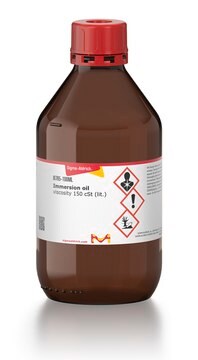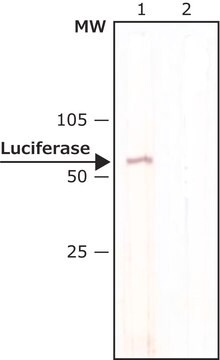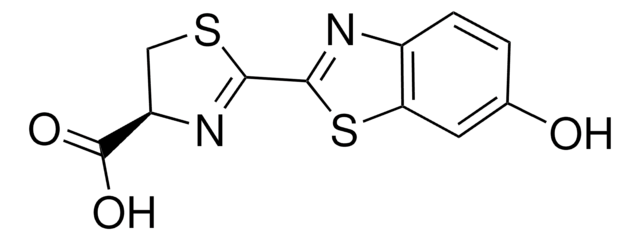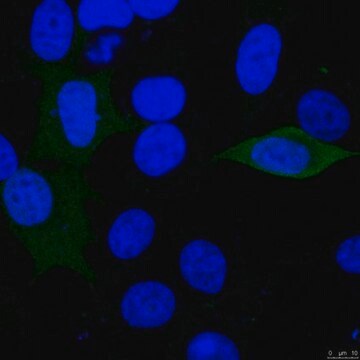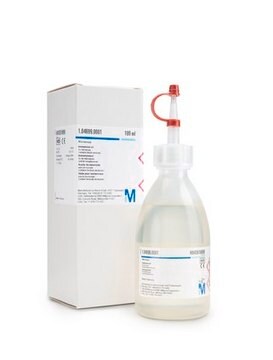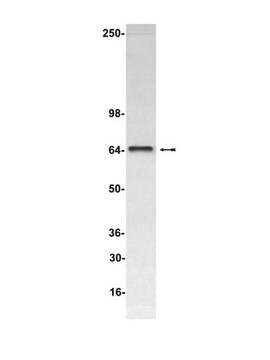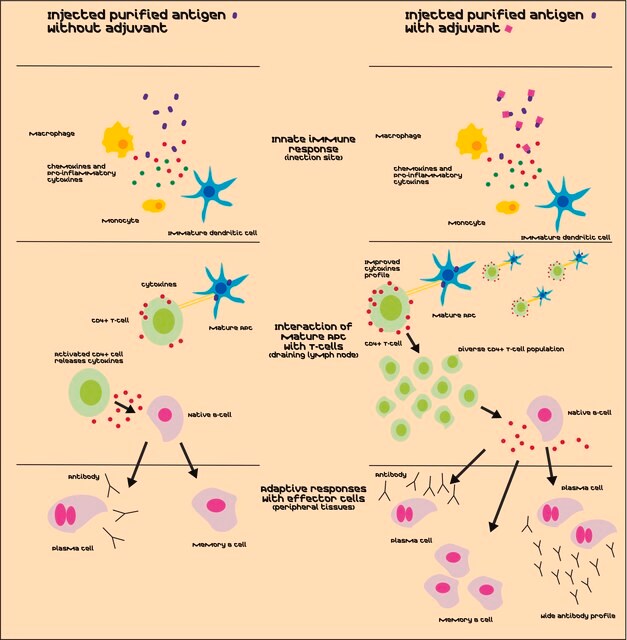L0159
Anti-Luciferase antibody produced in rabbit
IgG fraction of antiserum, buffered aqueous solution
Synonym(s):
Anti Luciferase Antibody, Firefly Luciferase Antibody, Luciferase Antibody, Luciferase Antibody - Anti-Luciferase antibody produced in rabbit
About This Item
Recommended Products
biological source
rabbit
Quality Level
conjugate
unconjugated
antibody form
IgG fraction of antiserum
antibody product type
primary antibodies
clone
polyclonal
form
buffered aqueous solution
packaging
antibody small pack of 25 μL
technique(s)
indirect immunofluorescence: 1:500-1:1,000 using eukaryotic cells transfected with a plasmid bearing the luciferase gene
western blot: 1:10,000 using purified Luciferase
shipped in
dry ice
storage temp.
−20°C
target post-translational modification
unmodified
Related Categories
General description
Luciferase has become one of the more widely used reporter enzymes. The reporter plasmid contains the gene from the firefly Photinus pyralis. The enzyme catalyzes a bioluminescent reaction which requires the substrate luciferin as well as Mg+2 and ATP. Mixing these reagents with the cell extract containing luciferase results in a flash of light that decays rapidly. This light can be detected by a luminometer. The total light emission is proportional to the luciferase activity of the sample. The luciferase assay is fast and sensitive and does not require a radioactive substrate as in the CAT assay. A disadvantage of the luciferase assay is that it requires a rather expensive instrument, the luminometer, to measure enzyme activity.
Specificity
Immunogen
Application
Physical form
Disclaimer
Not finding the right product?
Try our Product Selector Tool.
Storage Class Code
12 - Non Combustible Liquids
WGK
WGK 2
Flash Point(F)
Not applicable
Flash Point(C)
Not applicable
Regulatory Listings
Regulatory Listings are mainly provided for chemical products. Only limited information can be provided here for non-chemical products. No entry means none of the components are listed. It is the user’s obligation to ensure the safe and legal use of the product.
JAN Code
L0159-100UL:
L0159-25UL:
L0159-.5ML:
L0159-200UL:
L0159-BULK:
L0159-VAR:
Certificates of Analysis (COA)
Search for Certificates of Analysis (COA) by entering the products Lot/Batch Number. Lot and Batch Numbers can be found on a product’s label following the words ‘Lot’ or ‘Batch’.
Already Own This Product?
Find documentation for the products that you have recently purchased in the Document Library.
Customers Also Viewed
Our team of scientists has experience in all areas of research including Life Science, Material Science, Chemical Synthesis, Chromatography, Analytical and many others.
Contact Technical Service